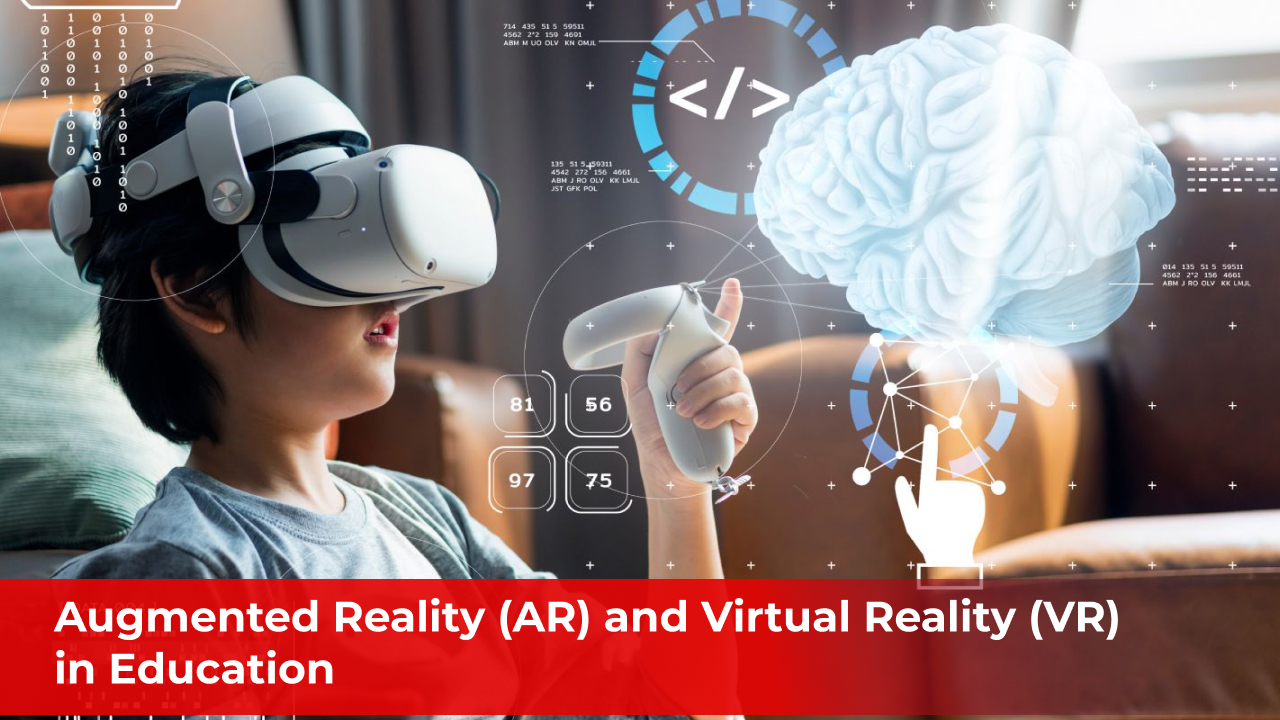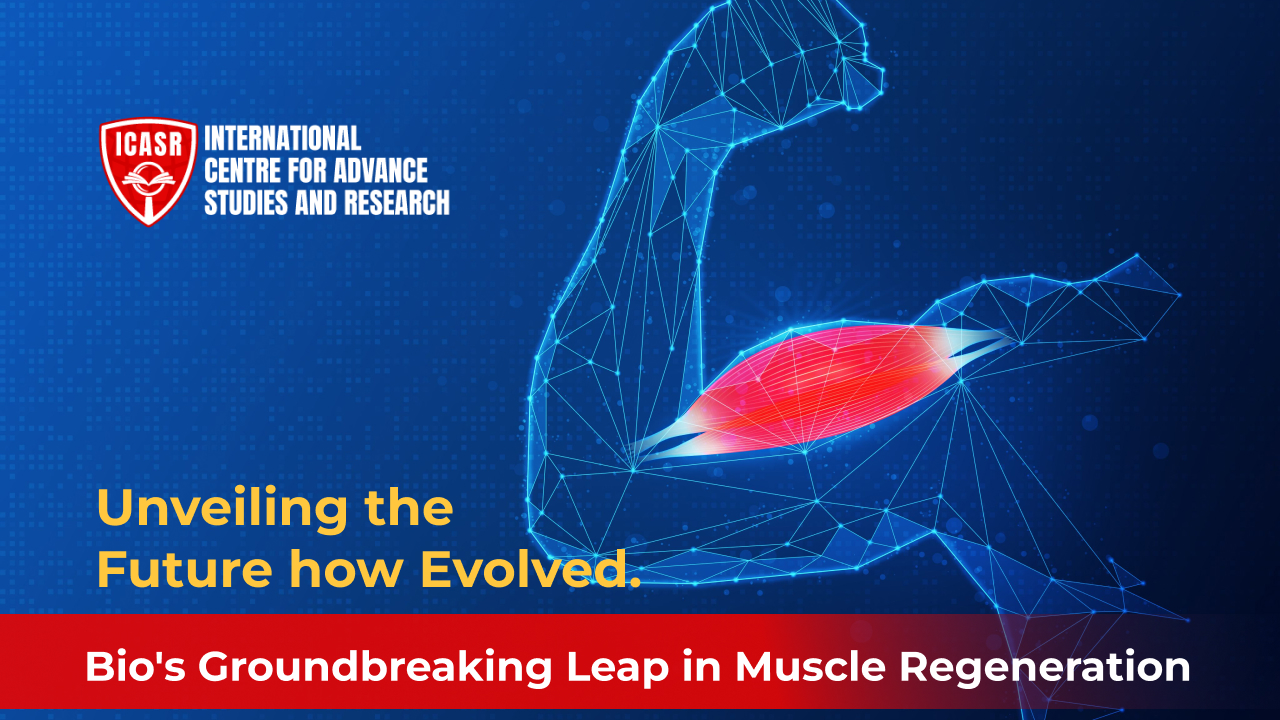On September 29, 2024, SpaceX's Crew Dragon successfully docked with the International Space Station (ISS), welcoming NASA astronaut Nick Hague and Russian cosmonaut Alexander Gorbunov for a five-month stay. The mission demonstrated both the highs and lows of space exploration. Although the successful rendezvous was a victory for SpaceX, there were some difficulties.
The genuine twist was revealed shortly after the spaceship and Falcon 9 rocket separated. Something went awry during the Falcon 9's second stage's attempt at re-entry. The upper stage misfired and landed off-target in the Pacific Ocean, far from its intended landing spot, rather than making the customary perfect descent. Although the Crew Dragon's mission was unaffected by this hiccup, it caused considerable controversy back on Earth.
But space is all about balancing the unexpected, right? Once the Crew Dragon arrived at the ISS, the mood lightened. Starliner commander Butch Wilmore and NASA astronaut Sunita Williams welcomed Hague and Gorbunov, making for a crowded but enthusiastic team. Wilmore and Williams, who have been aboard since June, will soon return to Earth after their long stint in space.
However, this anomaly with Falcon 9 has raised concerns, especially with two important missions on the horizon. In October, SpaceX is scheduled to launch the European Space Agency’s Hera asteroid probe and NASA’s Europa Clipper mission to Jupiter. Both missions have narrow launch windows, and any delay could push them back months or even years.
It's evident that space travel has both astounding successes and difficulties that call for ongoing creativity and problem-solving. SpaceX's readiness to confront problems head-on demonstrates that even the most sophisticated technologies can encounter difficulties. However, that is the allure of space exploration: you can learn from every experience, be it a flawless docking or a rocket misfire.



